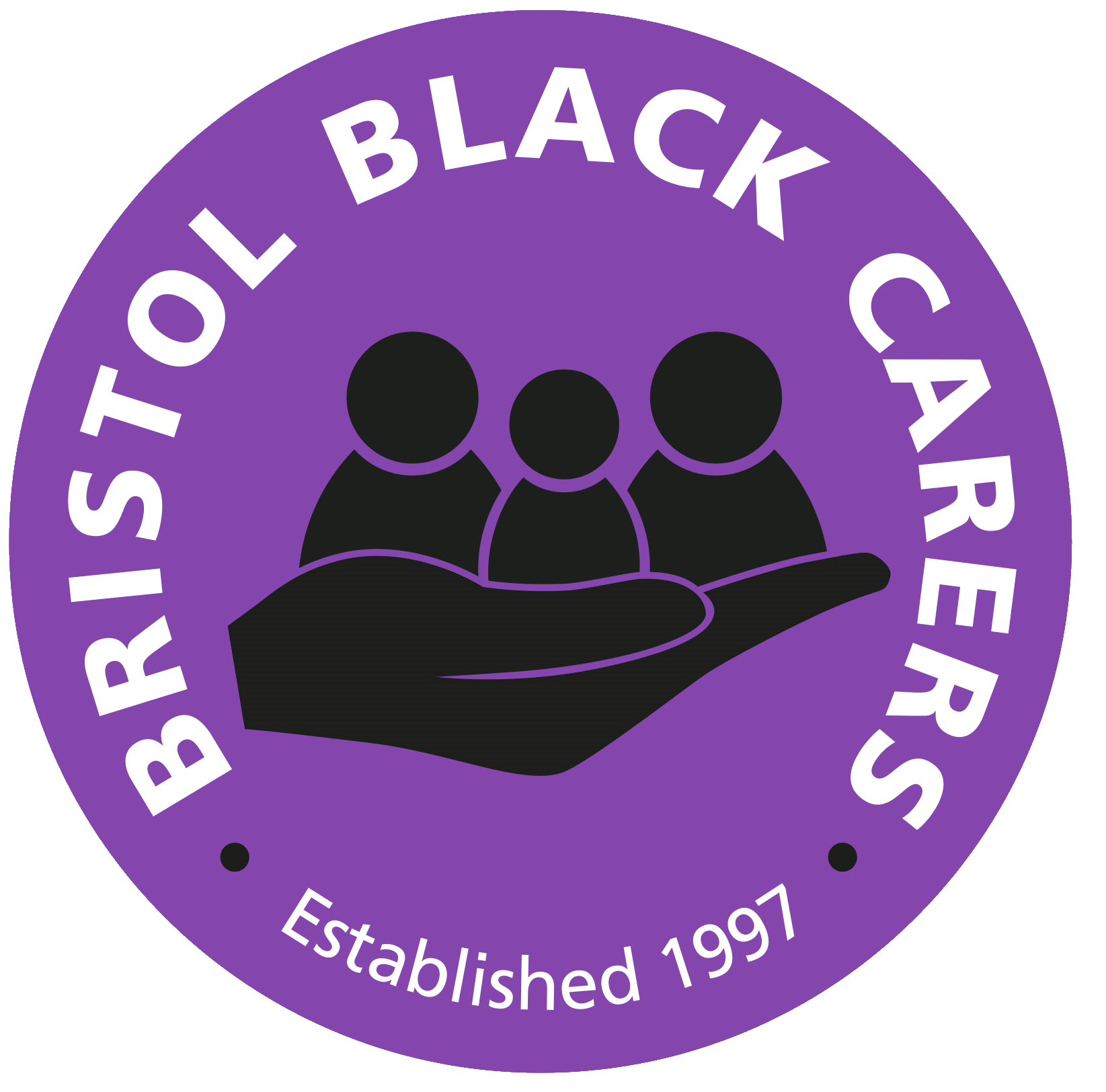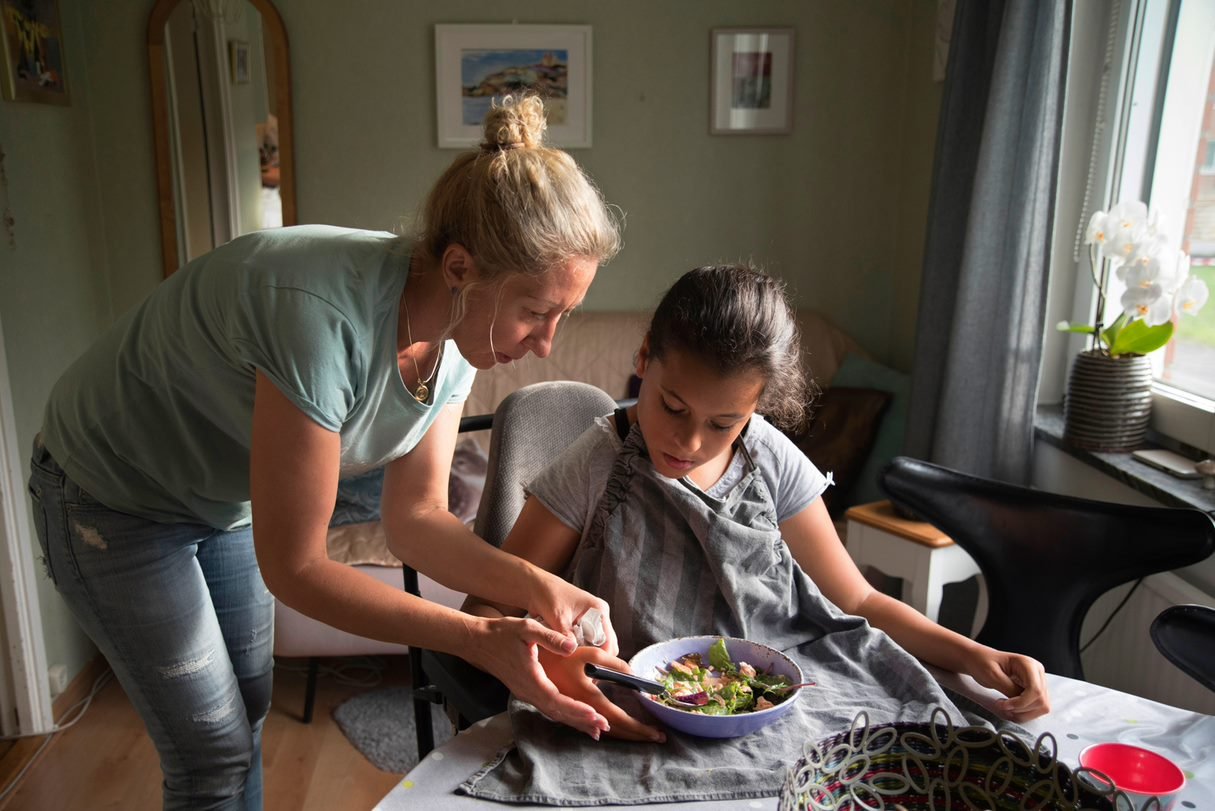Being a Carer: Helle's Story
Invisible Army is an organisation dedicated to shining a light on unpaid carers. They want to make the challenges and joys that carers cope with every day visible.
We are supporting their mission by sharing some of their stories. In the hope that it connects our carers’, knowing they are not alone.
This is Helle’s story.
_
Helle's dilemma: As a single, professional, independent woman, Helle wants to be strong and do the right thing for her family.
Looking after Johanna who needs 24/7 care, however, has taken its toll. Working full time, managing a handful of carers, administering Johanna's training and needs, filling out endless forms in order to get help from social services, along with the everyday cleaning, cooking and washing is just not possible to fit in if Helle is also to meet her own needs.
Exhausted from constantly climbing uphill in every aspect of her life, Helle has for her own health had to go on sick leave from her teaching job while she decides what her and Johanna's future looks like. In reality, Helle works two full time jobs.
Looking after her disabled child demands her to be present one hundred percent, both mentally and physically. If she doesn't work full time she cannot pay the bills. If she looks after Johanna full time, she will feel stuck and trapped in her home 24/7. Stress or loneliness?
Johanna is 13 years old. She has Unspecified Psychological Disorder, Autism, and Neuromuscular Scoliosis which means she develops differently to other teenagers. This means that daily her mother needs to stretch her muscles and joints to ensure she grows in a way that best helps her. This is a skill her mother does not know and therefore a physiotherapist comes to their home sometimes to show her how to help Johanna in the best way.
Helle: "I am trying to take in all the information being shared with me, while many thoughts are going through my mind, picking up that Johanna is not en- joying this but knowing that it is the best thing for her long term. Caring for Johanna has brought a lot of challenging and joyous emotions to my life as well as many new skills."
Helle's two adult children are tough. They weren't always. There were times when they refused to go out with Johanna because she could be so loud and so "different." However, as embarrassing as it can be, all three of them now can rise above others' stares. Something that frustrates Helle is that it's almost impossible to get into a playground with a wheelchair. If you can get in, there is no wheelchair-friendly equipment. This can be upsetting and exhausting as she must explain it to a little girl who is excited by the playground she sees.
Helle: "And of course, it's upsetting when we are out, and people avoid us in the street because Johanna shouts and squeaks loudly. I don't blame them; the sound is scary, and I know that they are just ignorant and frightened of the unknown. I believe that people who behave aggressively or are unkind are people who suffer themselves or feel inferior. Most people are kind. We have learnt how to have room for somebody who is different from most people. We now all feel enriched."
Every day and night Helle must prepare to endure deafening howls and endless squealing to the point where she now has to wear ear defenders to protect herself. This is Johanna's form of communication and Helle as her mother would never wish to quieten her language but her high pitch can take its toll. Something that does calm Johanna is music. Johanna loves music, she moves and drums to the rhythm, as her mother watches proudly witnessing her talent.

